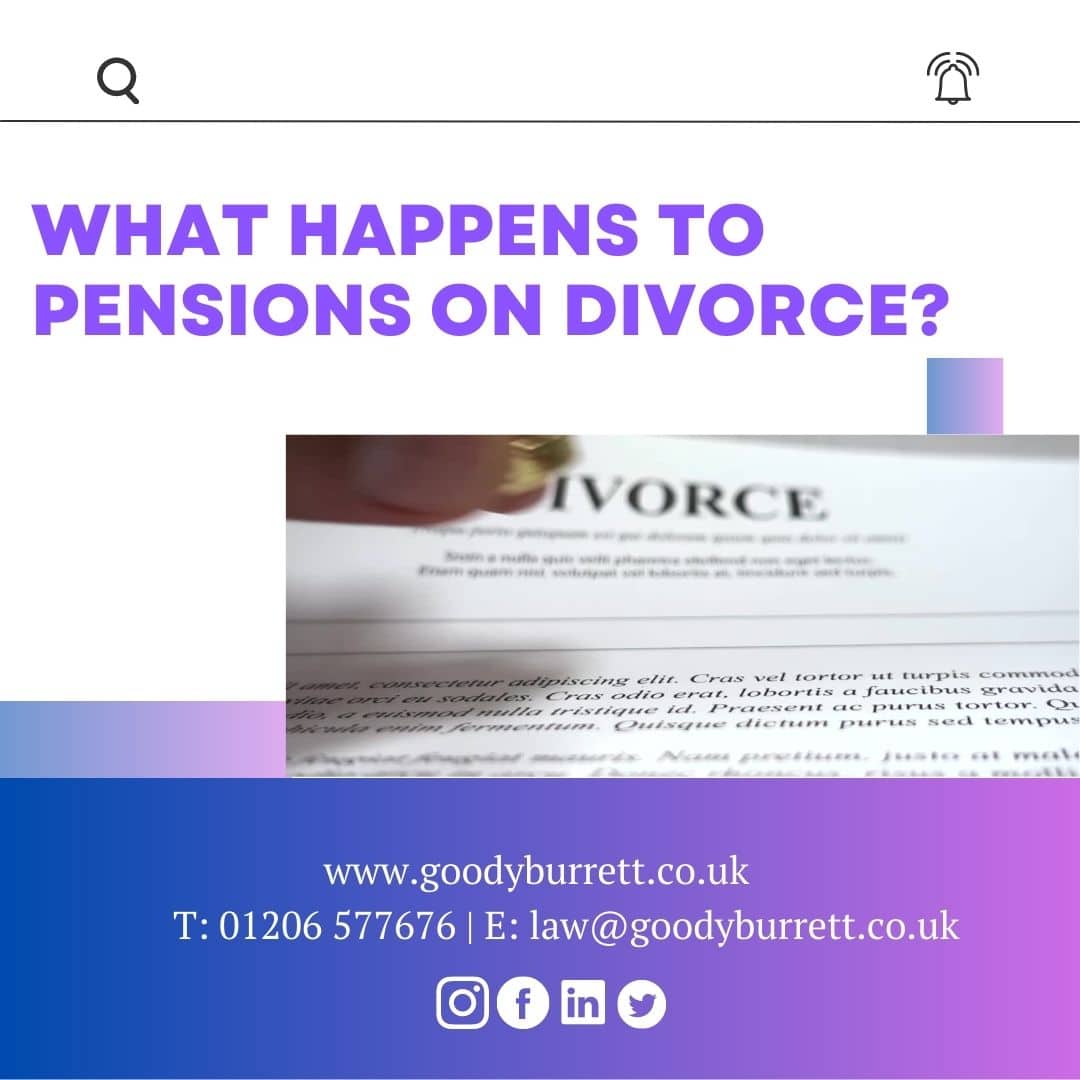
Facing Dementia…
There are over 850,000 people in the UK suffering from dementia- a figure set to rise to one million in 2025 due to our increasing life expectancy.
Diagnosis at any age can be devastating for the patient, their friends and their family. But there are steps that can be taken to minimise the loss of control a sufferer has over their own lives and feelings of helplessness for those around them.
But it is important to act quickly whilst one still retains their mental capacity. Mental capacity is essentially one’s ability to understand information, make a decision and effectively communicate it.
Whilst a person has mental capacity they can create Lasting Powers of Attorney for both their health and welfare and property and financial affairs. They as donor are able to appoint attorneys chosen by themselves who will be able to make decisions on their behalf if and when they lose mental capacity -for example because they are suffering from advanced dementia. A donor can appoint up to four attorneys and choose whether they must act jointly, or can act jointly and severally. If jointly, all attorneys must agree on a decision. If jointly and severally, any one attorney can decide a course of action. The Lasting Power of Attorney must be signed by a certificate provider who verifies that the donor has mental capacity – often this will be the solicitor who has drafted the document.
If a person as already lost mental capacity, they cannot obtain a Lasting Power of Attorney. Their family and friends will need to apply to the Court of Protection for a Deputyship. However, this is a much lengthier and costly process and not always successful. Further if a deputy is appointed, they are answerable to the Court and must account to them for every penny spent on behalf of the person who has lost mental capacity.
A person must also have mental capacity, or what is referred to as testamentary capacity to make a Will. In addition to mental capacity as defined above, a testator must be able to understand the nature and effect of creating a Will and the size and value of their estate, and have an appreciation of those who might expect to benefit from their Will – whether or not that be the case.
A person who lacks such capacity will be unable to make a Will. If they do not have a Will, they will die intestate. This means that their estate will distributed according to the rules of intestacy, which may not reflect what the deceased intended.
So, when considering a Lasting Power of Attorney or a Will or indeed both, the take home message is to act now.
If you would like to discuss anything to do with Wills, Trusts or Probate, please contact our Private Client Team who are available for appointments on 01206 577676 or alternatively email us at [email protected].
For more information
Contact us on 01206 577676 or you can email [email protected]

